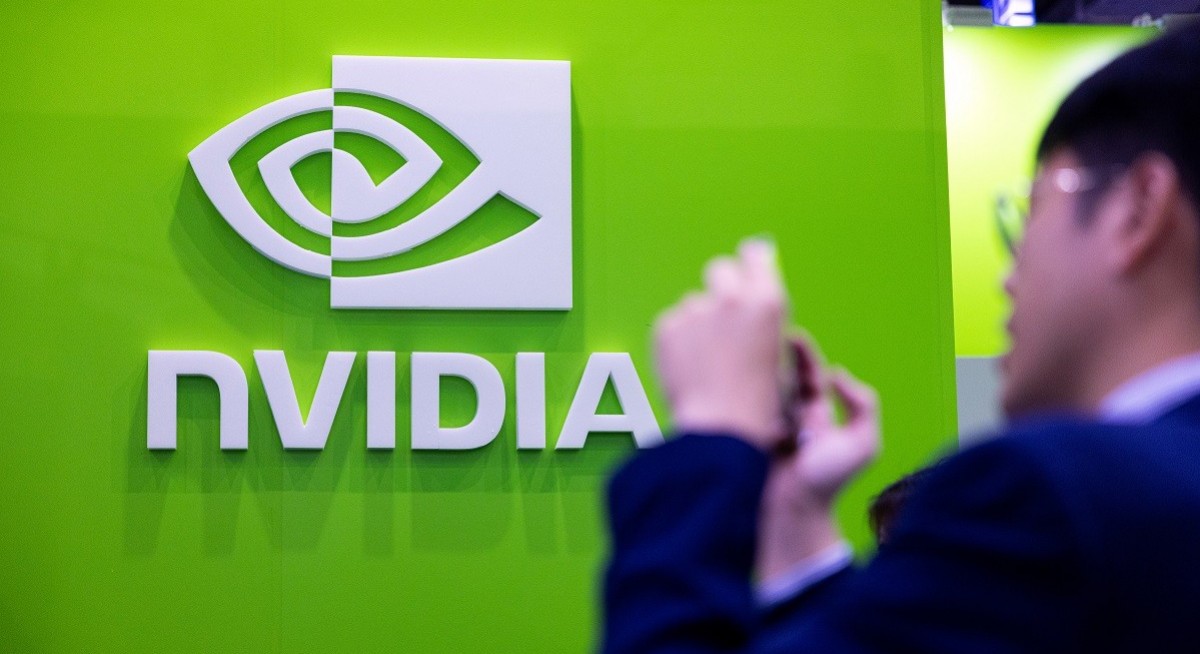Now, he’s not so sure.
Cheng sold his Nvidia shares in the first quarter, based on worries about delays connected to its GB200 racks. He points to inventory risks, a lack of upward revisions to earnings forecasts, competition from custom-designed chips and wider questions about the pace of spending from cloud computing companies as reasons he is avoiding the stock.
“I really like Nvidia, which is the stock that helped me make the most money in my life,” said Cheng, whose fund has around US$100 million of assets under management. “But when I need to sell, I need to sell. You can’t fall in love with a stock.”
See also: Nike CEO Hill sees turnaround picking up from Europe to Asia
Nvidia's Breakneck Rally Hit a Speed Bump This Year
Nvidia’s shares have jumped more than 1,400% over the past five years, and it remains overwhelmingly favoured by analysts. But a few sceptics are emerging. Seaport Global Securities gave the stock a rare sell rating on April 30, pointing to the odds of slowing AI budgets in 2026. Michael Burry, famous for his ‘big short’ against the US housing market, loaded up on bearish options on Nvidia earlier this year, although that may have been a hedge.
Still, the Santa Clara, California-based chipmaker is a hard stock to bet against. Although Nvidia tumbled in the first quarter as surprising progress from China’s DeepSeek roiled tech stocks, it has now recouped all of its losses to trade up around 6% this year, based on Friday’s close. Signs of a detente between China and the US have helped, easing one of the biggest headaches for global chipmakers.
See also: BofA’s Hartnett warns overbought global stocks face sell signal
Cheng, a star chip sector analyst at UBS before he become a hedge fund manager, said he hasn’t become a long-term bear on Nvidia. He would still buy the stock if the company revised its earnings outlook higher, and says he hasn’t taken a short position on Nvidia.
Cheng also sold his shares in Taiwan Semiconductor Manufacturing Co, the world’s largest contract chipmaker, in late 2024. He cited geopolitical risks, as well as the lack of visibility about spending plans from cloud service providers.
He currently favours smaller companies that supply to the tech giants. Among his top picks: AI server makers Celestica Inc and Wiwynn Corp, cooling product manufacturer Asia Vital Components Co and cable maker Credo Technology Group Holding.




